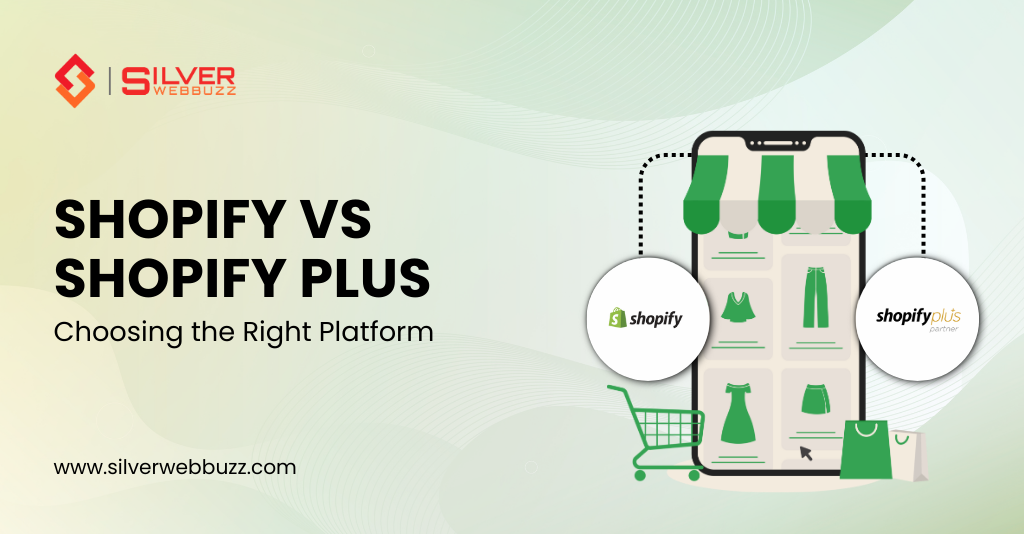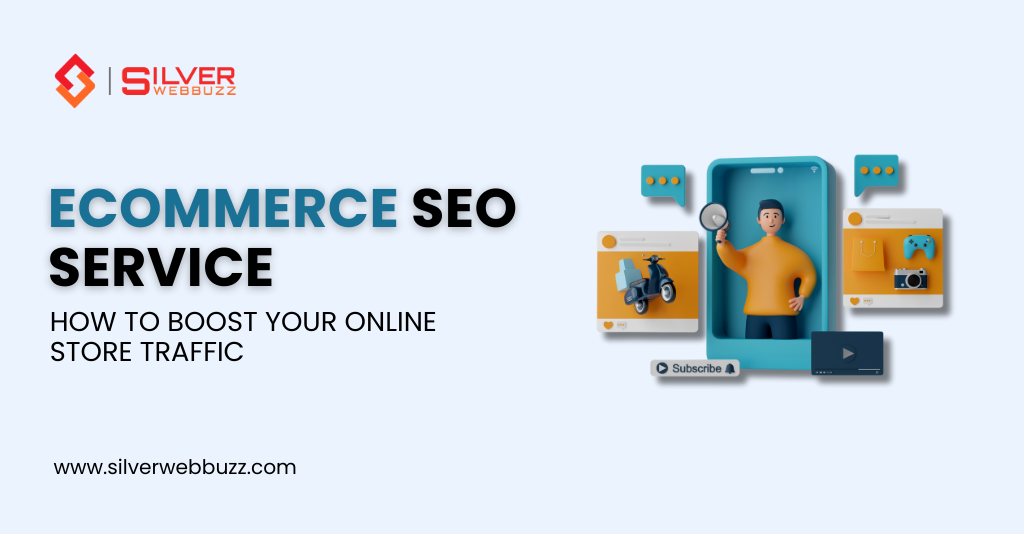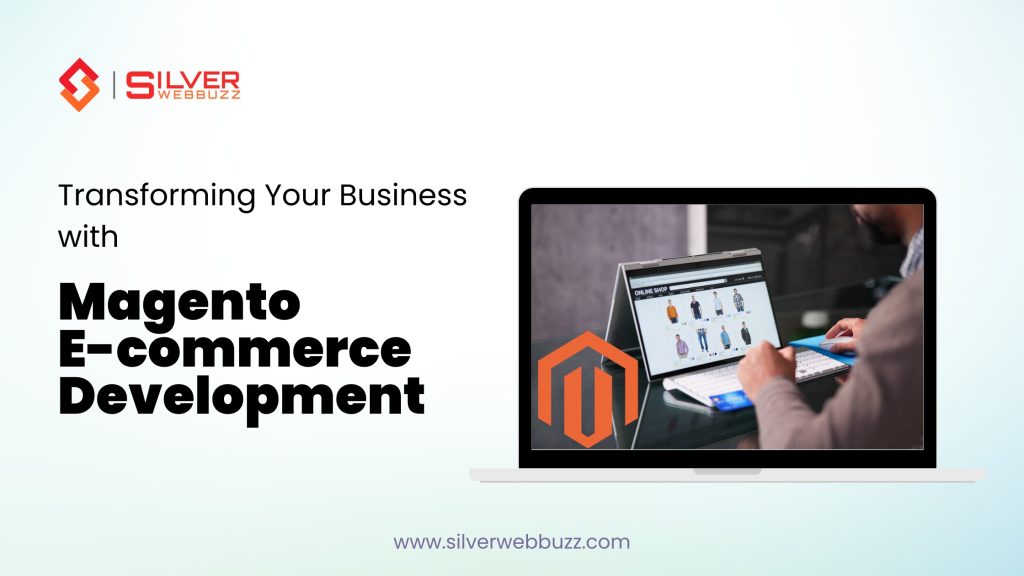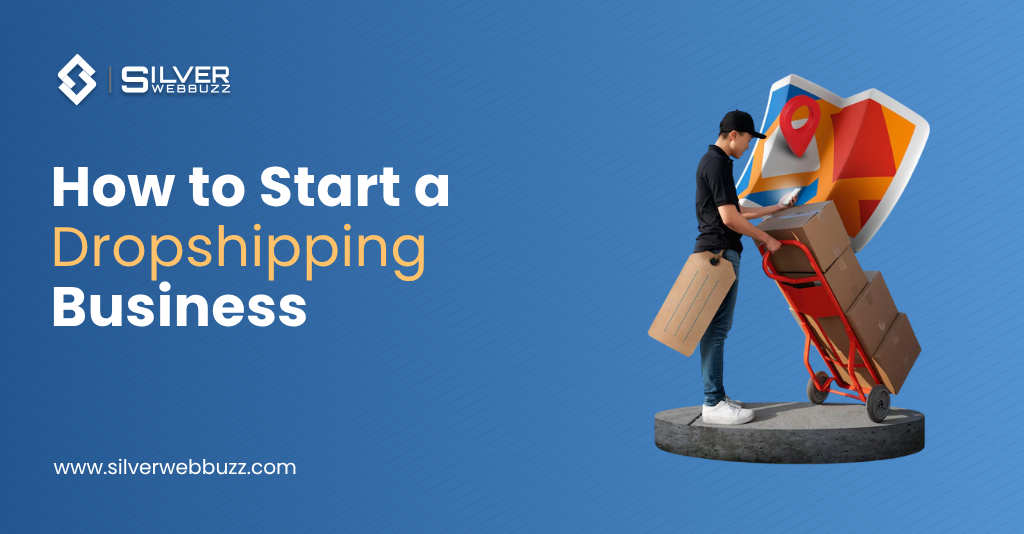The eCommerce world is moving faster than ever. Businesses of all sizes are rethinking their online strategies, and one of the most common questions we hear at SilverWebBuzz is, “Should I stick with Shopify, or is it time to upgrade to Shopify Plus?”
This isn’t a small decision. For startups, the wrong choice can mean overpaying for features you don’t need. For scaling enterprises, staying on a limited plan can hinder growth and result in millions of dollars in lost opportunities. With global eCommerce projected to hit $7 trillion by 2025, choosing the right platform is no longer optional—it’s mission-critical.
In this guide, we’ll break down the differences between Shopify and Shopify Plus—covering pricing, scalability, features, ROI, customization, checkout power, and more. We’ll also provide you with real-world insights and practical tools to help you decide which option is right for your business today and in the future.
Shopify vs. Shopify Plus: A Core Overview
Before diving deep, let’s clarify what each platform is:
- Shopify: Best known for its user-friendly platform, Shopify helps small to medium-sized businesses create professional online stores without needing heavy technical expertise.
- Shopify Plus: An advanced version of Shopify designed for high-growth and enterprise-level businesses. It offers more scalability, customization, automation, and dedicated support.
Who They’re Built For
- Shopify: Startups, small businesses, and mid-market brands managing manageable sales volumes.
- Shopify Plus: Enterprises, global brands, or businesses handling high-volume transactions and complex operations.
Key Differences at a Glance
| Feature | Shopify | Shopify Plus |
|---|---|---|
| Pricing | $39–$399/month | Starts at $2,000/month |
| Target Audience | SMBs, startups | Enterprise & high-growth brands |
| Customization | Limited checkout control | Full checkout customization |
| Features | Standard eCommerce tools | Advanced automation, wholesale, APIs |
| Support | 24/7 chat/email | Dedicated account manager |
| Scalability | Suits SMBs | Handles enterprise-level growth |
Pricing and ROI: Beyond the Monthly Fees
One of the biggest points of confusion is cost. At first glance, Shopify looks cheaper—but the real question is ROI, not just the monthly fee.
Shopify Plans Overview
- Basic Shopify: $39/month (ideal for startups).
- Shopify (Standard): $105/month (growing stores).
- Advanced Shopify: $399/month (scaling brands).
Shopify Plus Pricing
- Starts at $2,000/month (or a variable revenue-based fee for extremely large businesses).
- Includes features that often replace paid third-party apps—saving costs in the long run.
Hidden Costs to Consider
- Apps & Plugins: Many Shopify users spend $200–$500/month on apps that Shopify Plus includes natively (e.g., automation tools, advanced reporting).
- Transaction Fees: Shopify Plus offers lower payment processing costs, which can save thousands for high-volume stores.
- Development Costs: Checkout customization on standard Shopify often requires workarounds, while Plus gives direct control.
ROI Perspective
Think of Shopify Plus as an investment, not just a cost. If you’re doing $800K+ in annual sales, the platform often pays for itself through:
- Higher conversion rates (customized checkout).
- Reduced third-party app reliance.
- Lower transaction fees.
Scalability & Growth: From Startup Dreams to Enterprise Reality
Shopify is excellent for beginners. But as sales volumes rise, limitations appear.
- Shopify: Handles small to mid-level sales well, but can feel restrictive when traffic spikes or when handling multiple international stores.
- Shopify Plus: Built for scaling. It manages thousands of daily transactions without downtime, supports international storefronts, and automates complex workflows.
Real-World Example
A mid-sized fashion brand might start on Advanced Shopify. As they expand globally and run flash sales, cart abandonment rises due to checkout limits. After upgrading to Shopify Plus, they leverage automation and custom checkout flows, boosting conversions by 15%.
The lesson? Scalability is about readiness. If your business is planning for exponential growth, Shopify Plus keeps you from outgrowing your platform too soon.
Advanced Features Comparison: What Shopify Plus Unlocks
Shopify comes with standard features every online store needs: product listings, payments, analytics, and marketing tools. But Plus unlocks advanced capabilities:
Exclusive Shopify Plus Features
- Wholesale Channel: Sell directly to B2B buyers with custom pricing.
- Script Editor: Customize shipping, payments, and discounts beyond Shopify’s standard limitations.
- Automation Tools (Flow, Launchpad): Automate campaigns, discounts, and product releases.
- Advanced API Access: Handle integrations with ERP, CRM, and fulfillment systems.
For large brands, these features aren’t just nice to have—they’re essential for managing complexity at scale.
Customization & Branding Freedom: Control at Every Level
Your brand identity extends to every customer touchpoint—including checkout.
- Shopify: Offers design flexibility, but checkout customization is limited. You can change colours and logos, but not much more.
- Shopify Plus: Unlocks deep customization with checkout scripts and APIs. This means brands can design checkout flows that reflect their identity and optimize conversions.
Example: Checkout Customization
Imagine a beauty brand that wants to offer tiered discounts for VIP customers at checkout. On Shopify, this requires third-party apps. On Shopify Plus, it’s built directly into the system using Script Editor.
The result? A smoother, branded experience that builds trust and loyalty.
Checkout Power: Why Shopify Plus Drives Higher Conversions
Checkout is where sales are won or lost. Shopify’s default checkout is strong—but Plus takes it further.
Standard Shopify Checkout
- Simple, trusted by millions.
- One-page or multi-step checkout (depending on plan).
- Limited branding customization.
Shopify Plus Checkout
- Fully customizable.
- Ability to add upsells, personalized discounts, and loyalty features.
- Supports accelerated checkouts like Shop Pay, Apple Pay, and Google Pay seamlessly.
Why It Matters
Conversion rate optimization at checkout can increase revenue dramatically. Even a 1% increase in conversions on a $10M store = $100,000 in added revenue. Shopify Plus provides the tools to make this difference.
Performance & Traffic Handling: Can Both Platforms Keep Up?
Performance isn’t just about speed—it’s about resilience during high-traffic events.
- Shopify: Offers excellent uptime (99.99%) and fast site speed, perfect for SMBs.
- Shopify Plus: Adds enterprise-grade scalability. It’s designed to handle thousands of transactions per minute, ensuring stability during Black Friday, holiday sales, or viral product launches.
Example
A global electronics brand using Shopify Plus successfully processed 300,000+ checkouts in a single day without downtime, a standard that Shopify can’t support.
The takeaway? If your business thrives on big promotions and flash sales, Shopify Plus ensures performance under pressure.
Security, Compliance & Trust: A Safe Home for Your Store
Security is a top priority for any online store. Customers want to feel safe entering their personal and payment details, and businesses need to comply with global regulations.
- Shopify: Provides robust baseline security. Every store includes SSL certification, PCI DSS compliance, and fraud analysis tools. For small and medium businesses, this is usually enough.
- Shopify Plus: Goes further with enhanced compliance and enterprise-grade features. This includes GDPR support, advanced fraud prevention, and tokenized payment systems.
Why Security Matters More for Enterprises
Larger brands process thousands of transactions daily. Even a small breach can cost millions in lost revenue and reputation damage. Shopify Plus ensures businesses can scale confidently without fearing downtime, breaches, or regulatory penalties.
Integration & API Ecosystem: Standard vs. Enterprise Potential
Every eCommerce business uses tools beyond its storefront—ERPs, CRMs, fulfillment solutions, and marketing automation platforms.
- Shopify: Gives access to an app ecosystem of over 8,000+ apps, covering everything from SEO to email marketing.
- Shopify Plus: Unlocks advanced integrations. With higher API rate limits, Plus enables smoother, faster connections to enterprise systems like SAP, Oracle, NetSuite, or Salesforce.
Practical Example
A global fashion retailer on Shopify Plus integrates its ERP and fulfillment systems in real time. This allows them to update thousands of SKUs across multiple regions instantly—a task that would be slower or impossible on standard Shopify.
Support Experience: Regular Helpdesk vs. Dedicated Account Managers
Support is often overlooked when evaluating platforms, but it’s one of the most crucial factors in long-term success.
- Shopify: Provides 24/7 support via chat and email, along with community forums and documentation.
- Shopify Plus: Offers a dedicated account manager and the Merchant Success Program. These specialists act as partners, helping brands optimize performance, adopt new features, and troubleshoot issues before they impact revenue.
Value of Dedicated Support
For an enterprise running multiple storefronts, downtime equals lost sales. Having a direct line to Shopify Plus specialists ensures fast resolutions and proactive support. In many cases, this alone justifies the higher cost.
Industry Spotlight: Which Platform Works Best for Different Business Types
Different industries have different needs. Here’s how Shopify vs. Shopify Plus fits into the picture:
- Small Businesses & Startups (Local Fashion Stores, Handmade Products): Shopify’s lower plans are perfect for lean budgets and manageable growth.
- Mid-Sized Brands (Niche Beauty, Lifestyle, Electronics): Advanced Shopify works until sales scale into the millions.
- Enterprises (Fashion Giants, Global Electronics, High-Volume Retailers): Shopify Plus dominates here with checkout customization, scalability, and automation.
Case Study Snapshot
A skincare startup launched on Shopify Basic. As influencer partnerships skyrocketed traffic, they upgraded to Advanced Shopify. Within two years, they transitioned to Shopify Plus, enabling automated launches and international storefronts. This step-by-step growth shows how Shopify’s ecosystem supports businesses at every stage.
Hidden Costs & Overlooked Benefits: The Real Investment Picture
It’s tempting to compare Shopify’s $399 plan against Shopify Plus’s $2,000 base price and think Plus is too expensive. But when you dig deeper, the investment looks different.
Hidden Costs on Shopify
- Third-party apps for automation, wholesale, or advanced reporting.
- Higher transaction fees that scale with sales.
- Development costs for checkout workarounds.
Overlooked Benefits of Plus
- Built-in features reduce reliance on apps.
- Wholesale & B2B support out of the box.
- Dedicated support & faster integrations save long-term costs.
The true cost isn’t about the monthly fee—it’s about opportunity cost. If your business is losing sales due to checkout limitations or downtime, Plus often pays for itself.
Decision Framework: Key Questions to Ask Before Choosing
Still unsure? Use this framework to guide your decision:
Stay on Shopify If:
- Your sales are below $800K annually.
- You don’t need advanced customization.
- Your focus is on growing gradually without heavy automation needs.
Upgrade to Shopify Plus If:
- Your sales exceed $1M annually.
- You run frequent promotions, flash sales, or international stores.
- You need dedicated support and enterprise-grade integrations.
- Checkout customization and automation are critical for your growth.
This framework ensures the decision is based on business needs, not hype.
Future-Proofing: Shopify vs. Shopify Plus in an AI-Powered Commerce World
The future of eCommerce is AI-driven personalization and automation.
- Shopify: Offers AI-powered tools like personalized product recommendations and analytics dashboards. These are enough for SMBs to compete in their markets.
- Shopify Plus: Goes further with automation flows, advanced APIs, and integrations with AI-driven tools for inventory management, predictive analytics, and personalized marketing at scale.
Why This Matters in 2025
Customer expectations are higher than ever. They want personalized shopping experiences, faster checkouts, and flawless performance. Shopify Plus provides the infrastructure to deliver on these expectations as AI transforms the industry.
Final Verdict: Who Should Stay on Shopify and Who Should Upgrade to Plus
Choosing between Shopify and Shopify Plus depends on your business stage, growth trajectory, and technical needs.
Key Takeaways
- Shopify: Ideal for startups and growing brands. Affordable, simple, and reliable.
- Shopify Plus: The choice for enterprises and high-growth businesses. Offers scalability, customization, and ROI at scale.
Our Recommendation
- If you’re just starting or growing steadily, Shopify’s standard plans are more than enough.
- If you’re scaling rapidly, handling enterprise-level traffic, or need advanced customization, Shopify Plus is the clear winner.
Conclusion: Choosing the Right Platform for 2025 and Beyond
In the end, the Shopify vs. Shopify Plus decision isn’t about which is “better.” It’s about which is right for you.
Shopify empowers startups and SMBs to launch and grow quickly. Shopify Plus gives enterprises the tools to scale globally, customize deeply, and innovate faster in an AI-powered future.
At SilverWebBuzz, we’ve helped businesses of all sizes navigate this decision and build stores that don’t just look great but convert and scale profitably. Whether you’re launching your first store or upgrading to Plus, we’re here to guide you every step of the way.
Start your journey today—contact SilverWebBuzz for expert Shopify store development services.




